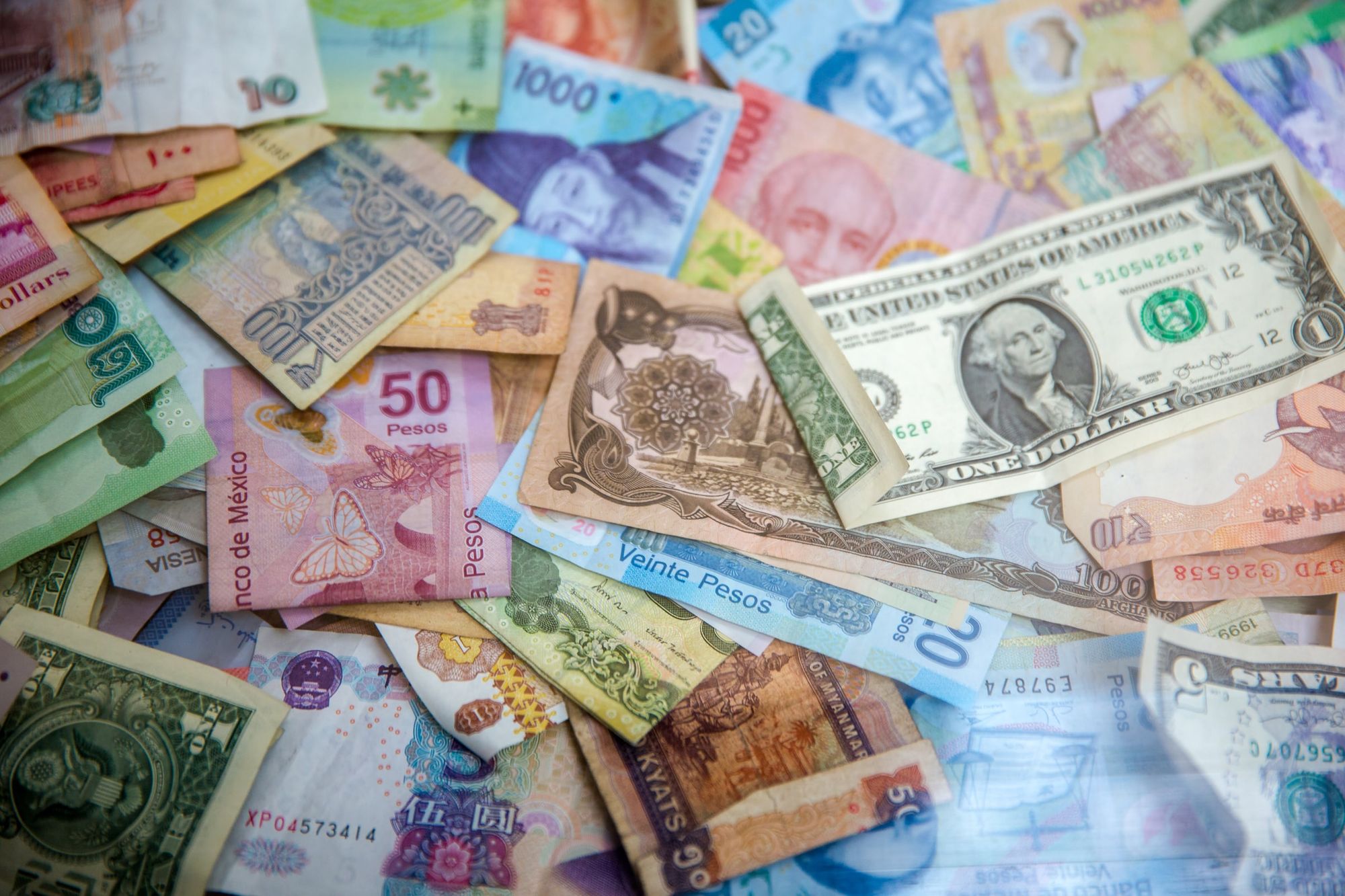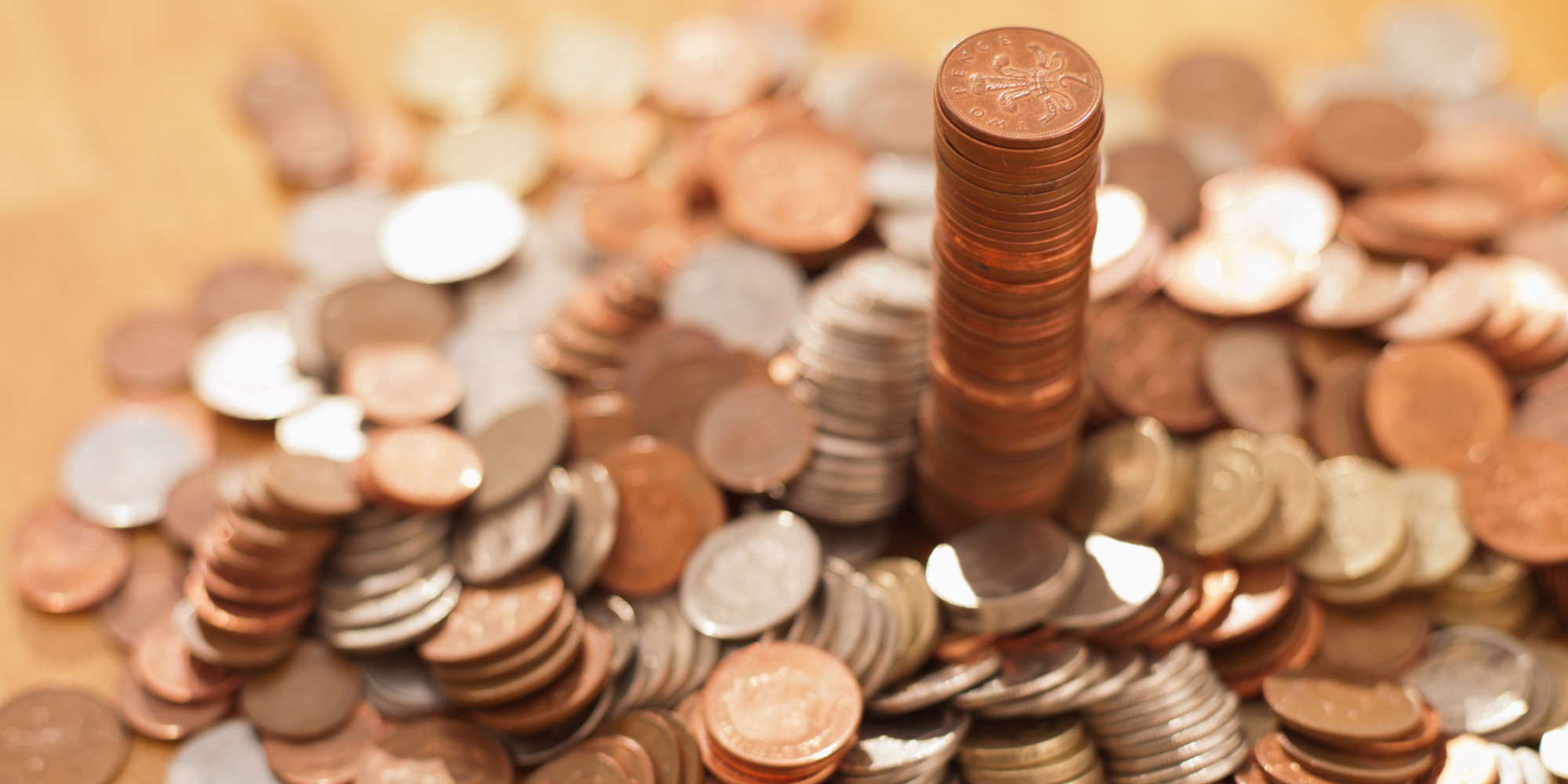Table of Contents
- What everybody ought to know about money
- money | Seton UK
- Definition and Functions of Money: Static and Dynamic Functions
- Money turns dearer: Banks hike rates as NBFCs’ pricing pressure ...
- Smart Beta ETFs: How are they different from traditional ETFs? - Money ...
- Money Wisdom and Seniors - SACE
- Global Spiritual Market | Spiritual & Self Improvement Centre
- What is Money? History and Impact in Society – World History
- Financial Literacy | HuffPost
- ️ money flow - YouTube

Money is a fundamental aspect of our daily lives, and yet, many of us take it for granted without fully understanding its true nature. In this article, we will delve into the concept of money, exploring its definition, history, and significance in our modern world. By the end of this guide, you will have a deeper understanding of the balance between money and its impact on our lives.


What is Money?

At its core, money is a medium of exchange, a unit of account, and a store of value. It facilitates trade, allows us to purchase goods and services, and provides a standard unit of measurement for the value of goods and services. Money can take many forms, including physical currency, digital transactions, and even commodities like gold and silver. The value of money is determined by the trust and confidence people have in it, as well as its scarcity and the economic conditions of a country.


A Brief History of Money

The concept of money has evolved significantly over time. In ancient civilizations, people used bartering systems, where goods and services were exchanged for other goods and services. The introduction of coins and paper currency marked a significant shift in the history of money. The development of digital payment systems and cryptocurrencies has further transformed the way we think about money. Today, we have a wide range of payment options, from credit cards to mobile payments, making transactions faster and more convenient.


The Balance of Money in Our Lives
Money plays a crucial role in our daily lives, and finding a balance between earning, saving, and spending is essential. Having too little money can lead to financial stress and limit our opportunities, while having too much can lead to wastefulness and an unhealthy attachment to material possessions. A balanced approach to money management involves setting financial goals, creating a budget, and making conscious spending decisions. It's also important to prioritize saving and investing for the future, while still enjoying the present moment.

The Psychological Impact of Money
Money can have a significant impact on our mental and emotional well-being. The pursuit of wealth and material possessions can lead to stress, anxiety, and feelings of inadequacy. On the other hand, having a sense of financial security and stability can bring peace of mind and freedom. It's essential to recognize that money is a tool, not an end in itself. By cultivating a healthy relationship with money, we can break free from the pressure to constantly earn more and focus on what truly brings us happiness and fulfillment.
In conclusion, money is a complex and multifaceted concept that plays a vital role in our lives. Understanding the definition, history, and significance of money can help us develop a healthier relationship with it. By finding a balance between earning, saving, and spending, and prioritizing our financial well-being, we can create a more stable and secure future. Remember, money is a tool, not an end in itself. By using it wisely, we can achieve our goals, pursue our passions, and live a more fulfilling life.
By recognizing the balance between money and its impact on our lives, we can make more informed decisions about our financial resources and cultivate a more positive and mindful approach to money management. Whether you're looking to improve your financial literacy, pay off debt, or build wealth, this guide provides a comprehensive foundation for understanding the concept of money and achieving financial balance in your life.